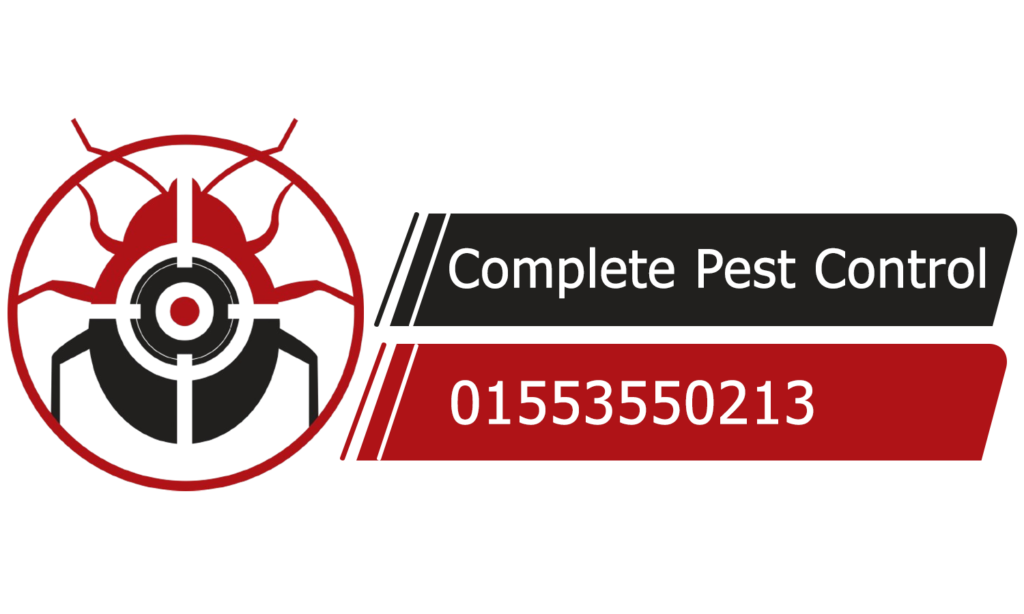Natural pest control methods can be effective but often depend on the specific context and application compared to chemical methods.
How Are Natural Pest Control Methods as Effective as Chemical Products
Natural pest control methods can be effective alternatives to chemical pesticides, but their efficacy can vary depending on the specific context and application. Both approaches have their strengths and limitations.
Natural pest control methods have shown promising results in various studies. For instance, a study on peppermint oil nanoemulsion demonstrated high effectiveness against the red pumpkin beetle, a serious agricultural pest of cucurbit plants. The nanoemulsion formulation was found to be more effective than its bulk counterpart, with a lower LC50 value of 22.38% v/v compared to 87% v/v for the bulk emulsion. This suggests that natural compounds, when properly formulated, can provide significant pest control.
Effectiveness of Natural Pest Control
Natural pest control, which includes methods such as the use of biological agents like entomopathogenic fungi, plant extracts, and insect predators, can effectively manage pest populations while minimizing environmental impact.
- Biopesticides: These can be efficient alternatives to chemical pesticides. For instance, the combined use of entomopathogenic fungi has shown effectiveness in controlling pests like greenhouse whitefly and cotton aphids.
- Plant Extracts: The utilization of natural extracts, such as peppermint oil, demonstrated significant effectiveness in managing agricultural pests like the red pumpkin beetle, with noticeable differences in mortality rates compared to traditional chemical methods.
Comparison with Chemical Control
Despite the advantages of natural methods, their effectiveness can vary based on several factors:
- Speed of Action: Chemical pesticides generally act faster in reducing pest populations due to their potent formulations.
- Residual Effects: Chemicals often have longer-lasting effects, providing ongoing protection, while natural controls may require more frequent applications.
- Pest Resistance: Over time, many pests develop resistance to chemical pesticides, making natural alternatives a feasible and sometimes more sustainable solution.
The Effectiveness of Natural Methods Can Vary
- Speed of action: Chemical pesticides often act faster in reducing pest populations due to their potent formulations. Natural methods may require more time to show results.
- Specificity: Many natural pest control methods, such as biological control agents, target specific pests. For example, Trichogramma parasitoids are used specifically for lepidopterous pest species. This specificity can be advantageous for targeted pest management but may require multiple strategies for controlling diverse pest populations.
- Environmental conditions: The efficacy of natural methods can be more susceptible to environmental factors. For instance, the effectiveness of biological control agents may depend on temperature, humidity, and other ecological conditions.
- Persistence: Chemical pesticides often have longer-lasting effects, providing ongoing protection. Natural methods may require more frequent applications to maintain effectiveness.
- Resistance management: Over time, many pests develop resistance to chemical pesticides. Natural methods, particularly those involving biological control agents or diverse plant-based compounds, can help in managing pest resistance.
- Environmental impact: Natural pest control methods are generally considered more environmentally friendly. They pose fewer risks to non-target organisms and have less impact on water quality compared to many chemical pesticides.
- Integration with other methods: Natural pest control often works best as part of an Integrated Pest Management (IPM) approach. For example, a study in Cameron Highlands showed that IPM practices could effectively manage insect populations in cabbage cultivation
Conclusion
While natural pest control methods can be highly effective, particularly in integrated pest management systems, they may not always match the immediacy and persistence of chemical solutions. Therefore, a balanced approach often yields the best results in pest management practices. While natural pest control methods can be highly effective, their efficacy may not always match the immediacy and broad-spectrum action of chemical pesticides. However, natural methods offer significant advantages in terms of environmental sustainability and long-term pest management. The choice between natural and chemical pest control often depends on factors such as the specific pest problem, crop type, environmental considerations, and regulatory requirements. In many cases, a combination of both approaches within an IPM framework may provide the most effective and sustainable pest management strategy.








